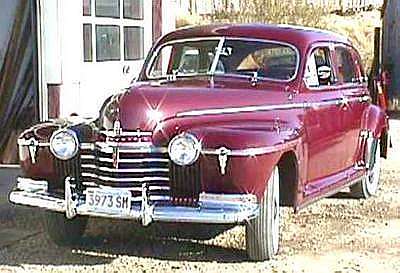I'll be honest. I have mixed feelings about critique groups. It's not that I can't take criticism. I welcome it, so long as it's useful. Occasionally though, I get the impression that some critics are there to play Gotcha instead of offering helpful advice. I can't say for certain what their motivation is for being a member of the group, but I suspect the need to feel superior plays a part.
Writing is a tricky craft; a delicate balance of creativity and academics. And each writer has to find his or her unique formula to express what's in their heart.
Critique groups are meant to help a writer chisel the flaws from their work. And rules were created to identify flaws. Most of these rules make writing better. But lately, it seems like more and more keep getting added to the mix. And there seems to be a belief among some writers that these rules are absolutes.
Don't use 'ly' words, Don't use 'ing' verbs, stay away from 'was', don't use too many pronouns, make use of pronouns, don't start a sentence with 'when', don't use semi-colons in dialogue, don't use dashes in dialogue, don't use font tricks, don't use 'thought' or 'wondered', don't change verb tense, don't change POV in the scene. I'm sure I'm leaving a few out. Anyone paralyzed yet?
Most of these rules I like. Keeping tenses straight, and sticking to a single POV keep a story tidy. But even these, I break from time to time, if it's the right tool. It's my work, my perogative. (I always leave a space to cue the reader. There, ya happy!)
Other rules are good guildlines. A story littered with 'ly' words does start to sound like a jingle after a while. That's not to say you should never use them. And a 'was' in every other sentence makes my mouth feel like it's full of sand. But sometimes 'was' is the right choice, and jumping through hoops to go around it ends up creating a circus act. There is a balance.
When I catch myself breaking a rule, like I just did by starting this sentence with 'when', I ask myself a simple question. WHY? Was it carelessness on my part, or was I doing it to acheive a certain effect? If the answer is the latter, then I need to determine if I was successful. This is where an honest, objective critic comes in handy. Don't seek out a rule Nazi. They won't like your work until you rewrite it their way, verbatim.
Now let me get back to my point about critique groups. If you're a rule breaker, I promise you, it's the first thing that will get pointed out. Don't be stubborn. The group is there to help you, so listen to them; consider their suggestions, but ALWAYS keep in mind your reason for breaking the rule. In the end, go with your gut. That's where you'll find your voice.
As a side note:
Somewhere along the way, someone will tell you, "A truly talented writer works magic within the rules." I'm going to say, "Truly talented writers work magic when they choose to cast the rules aside."
Off the top of my head, I can list several talented rule breakers; Francine Rivers, Karen Kingsbury, Nicholas Sparks, Nora Roberts and Deeanne Gist for starters. There are a whole lot more if I use the list of rules from above. Truthfully, I don't see how anyone can adhere to all of those and still write. "Use pronouns. No don't." Come on!
Oh, and looky here. I'm holding Tom Clancy's The Bear and The Dragon. And the first word in chapter one is . . . 'Going.' Ding Ding. Got another one!


Need I say I agree with this?
ReplyDeleteYou bring up an awesome point--asking yourself if something is laziness or for effect. That is a great tool. Don't justify laziness. If following the rule makes it better, then follow the rule. Only if following the rule takes the flavor from the writing is that a time to break it!